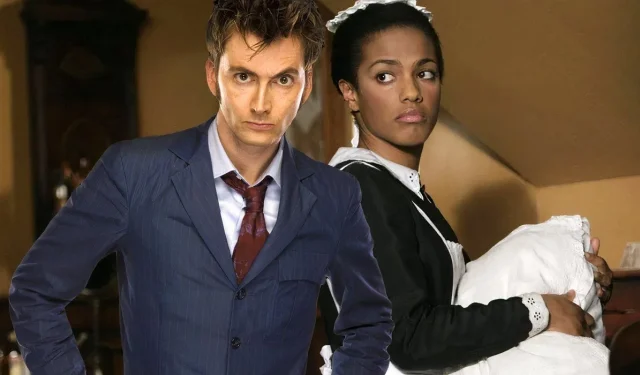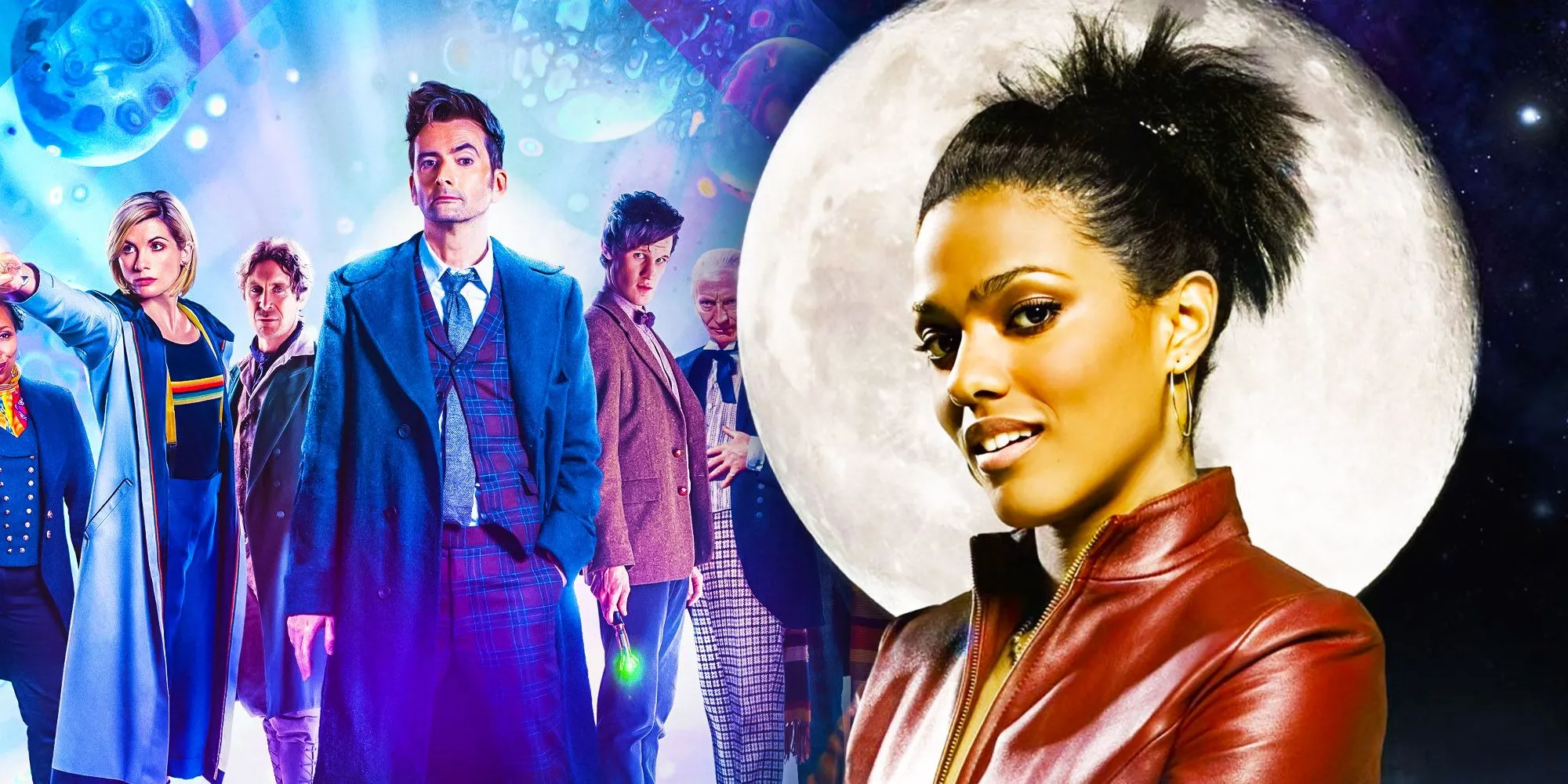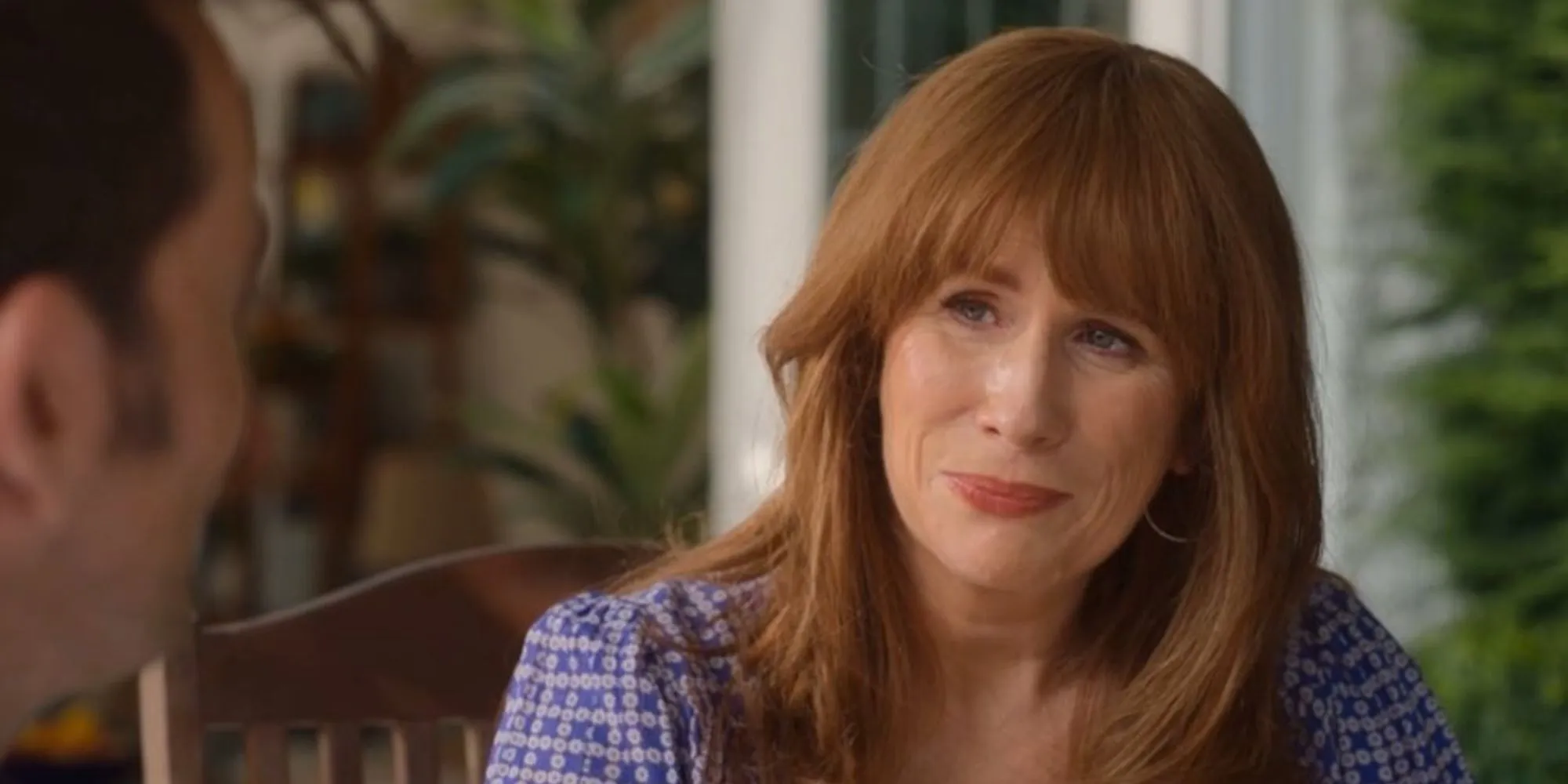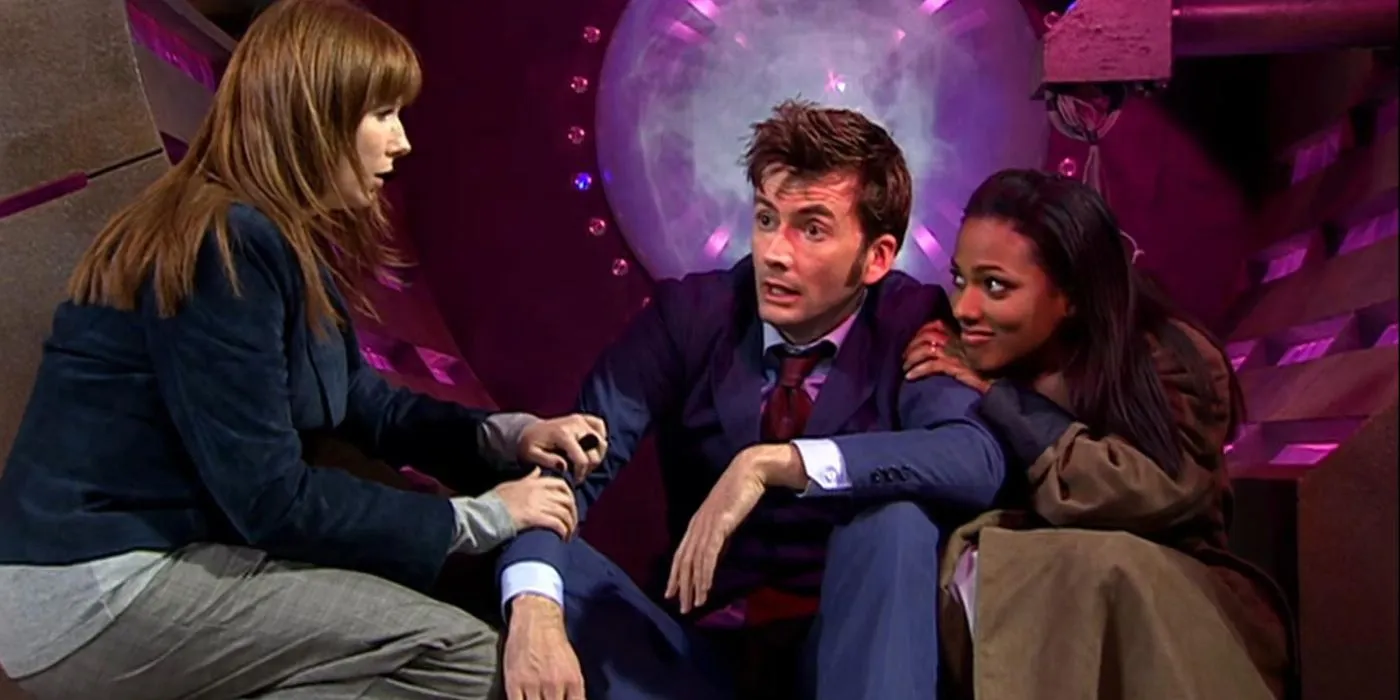
Martha Jones remains one of the most debated companions of Doctor Who. Introduced during the Tenth Doctor’s era, she showcased remarkable intelligence, bravery, and resourcefulness. As a medical student, Martha brought a fresh perspective and a robust moral compass to the Doctor’s adventures. Despite her many commendable attributes and Freema Agyeman’s exceptional performance, Martha never received the same level of recognition as companions like Rose Tyler or Donna Noble. The crux of this disparity may lie in one major aspect of her character arc: her romantic feelings for the Doctor.
The Flaw in Martha’s Romantic Arc
TARDIS Dynamics: Beyond Romantic Entanglements

One of the most significant pitfalls in Martha’s portrayal was her unreciprocated feelings for the Tenth Doctor. Following Rose Tyler’s poignant departure at the end of Season 2, the Doctor entered a phase of emotional vulnerability, still grappling with the loss of his previous companion. Introducing Martha as a character with romantic inclinations created an unbalanced dynamic between them. This not only diminished Martha’s character arc but also overshadowed her formidable intelligence and independence.
In her debut episode “The Shakespeare Code,”Martha displayed significant curiosity and quick thinking while navigating Elizabethan England. Unfortunately, her moments of brilliance are frequently overshadowed by the tension stemming from her unrequited love for the Doctor. This imbalance often detracted from her agency, rendering her less compelling than other companions who thrived without the burden of a romantic subplot. Had the show emphasized Martha as a friend and equal to the Doctor, her narrative could have highlighted her growth and unique contributions to their adventures.
The Power of Platonic Relationships
A Refreshing Change with Donna Noble

In Season 4, Donna Noble’s entrance into the TARDIS introduced a refreshing dynamic devoid of romantic tension. Unlike Rose and Martha, Donna maintained a platonic relationship with the Doctor, defined by friendship, humor, and mutual respect. This dynamic allowed her to stand as a true equal, challenging the Doctor and enhancing his character through their partnership.
In “The Fires of Pompeii,”Donna’s compassion and determination compelled the Doctor to take action to save a family, highlighting how their friendship brought out the best in both characters. This platonic bond enabled Donna to evolve without being overshadowed by romantic feelings.
If Martha had been granted a similar relationship framework, her character could have fully developed into the supportive yet independent companion she was destined to be. Picture a version of Season 3 where Martha’s journey is characterized by her resilience and self-improvement—not her unfulfilled romantic aspirations. Such a shift could have elevated her status as a fully realized character rather than relegating her to the role of someone crippled by unreciprocated affections.
Realizing Martha’s True Potential
The Fight for Recognition: Martha’s Redemption

Interestingly, when Martha returned in later seasons, Doctor Who allowed her to showcase her strengths independent of the Doctor. In the Season 4 two-parter “The Sontaran Stratagem”and “The Poison Sky,”Martha emerged as a confident and capable UNIT officer, free from the shadows of her feelings for the Doctor. This progression brought a sense of self-assuredness that made her stand out in those episodes.
This trajectory continued in “The End of Time,”where Martha fought alongside her husband and former companion Mickey Smith, demonstrating her evolution into an independent character. However, by the time she was fully developed, her primary tenure in the spotlight had sadly faded. While her later appearances highlighted her potential, they also illuminated the lost opportunities during her initial time in the TARDIS.
Martha Jones had all the traits of an exceptional companion—intelligence, compassion, determination, and an unwavering moral compass. By eliminating the romantic subplot and focusing on a friendship built on mutual respect, Martha could have been celebrated as a pioneering companion who stood shoulder to shoulder with the Doctor.
Ultimately, Martha’s journey within Doctor Who serves as a poignant reminder of how even slight adjustments can profoundly impact a character’s legacy. She didn’t need to be in love with the Doctor to make her mark; she only required the opportunity to embrace her true self.




Leave a Reply